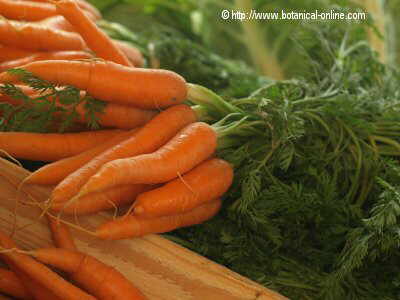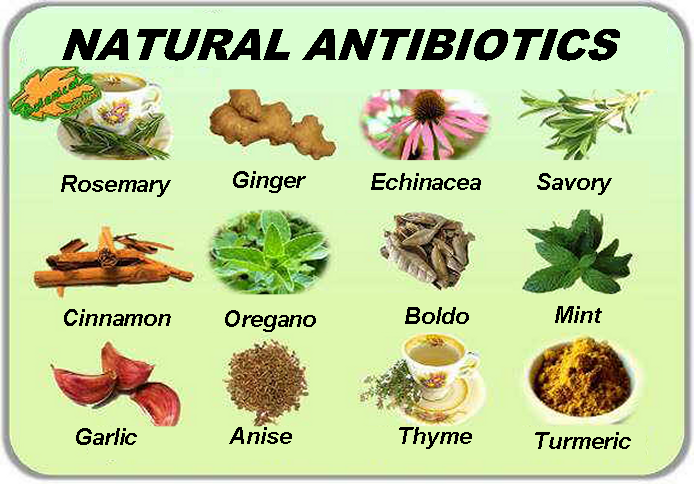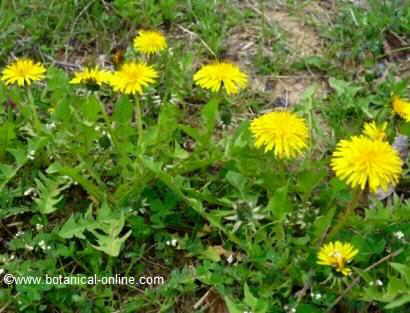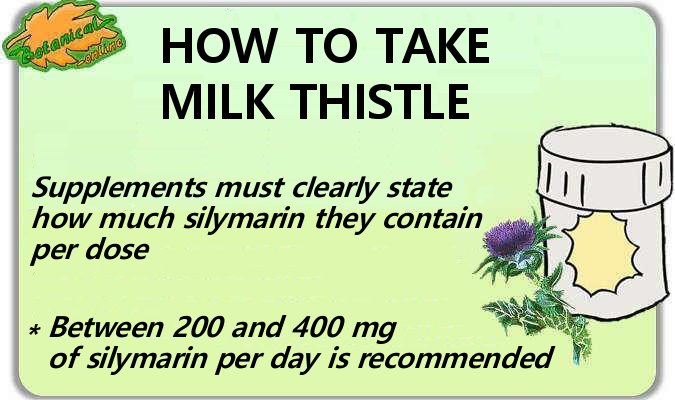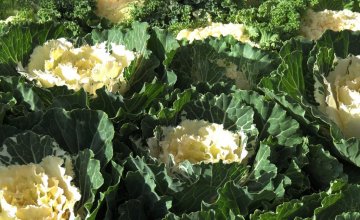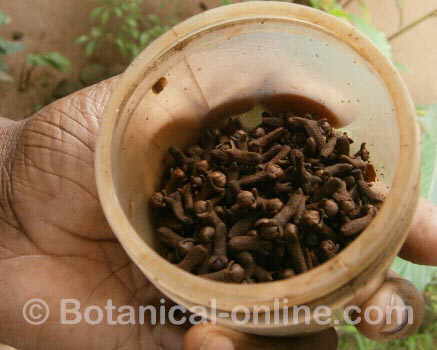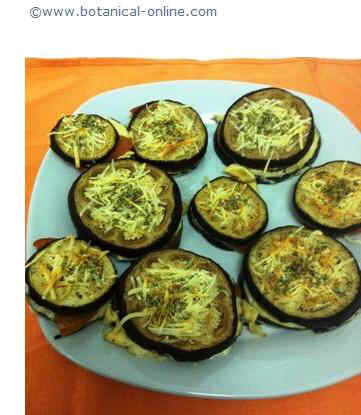Contents
Herbal treatment of heartburn
Phytotherapy. Medicinal plant teas for heartburn
The primary role of phytotherapy in the treatment of heartburn focuses on using plants with the following purposes:
– Relax the abdominal muscle
– Neutralize the excess stomach acid, minimizing the use of chemical antacids, which may have side effects in the long run.
Medicinal plants for heartburn
Among all the plants suitable for the natural treatment of heartburn the most important ones are:
– Aloe (Aloe vera) In case of inflammation of the stomach, heartburn, gastritis and gastric ulcers aloe juice has a powerful value to recover the gastric mucosa. It also offers cholagogue properties, able to drain of bile. (Tablets or drops, taken throughout the day, without exceeding the dose of 0.5 grams. Per day)
– Fucus (Fucus vesiculosus) fucus medicinal preparations, once ingested, are capable of absorbing excess stomach acid in the stomach so it is sometimes used to treat heartburn or gastric reflux, a problem that is very common in patients with hiatus hernia.
– Vanilla (Vanilla planifolia) Vanilla has strengthening effect and stimulates digestive functions (Use vanilla as a food spice)
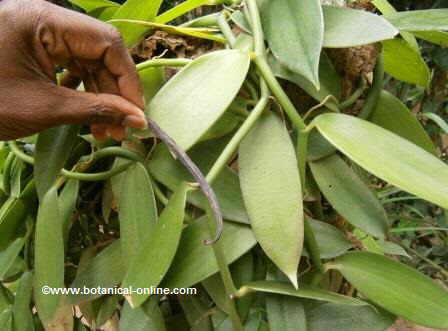
Vanilla pod, the part of the plant used as spice.
– Barley (Hordeum vulgare) Starch is a carbohydrate whose softening and absorbent properties are useful to smooth the intestinal mucosa, making it highly recommended in cases of stomach pain or heartburn caused by irritation. (Take three glasses of barley water)
– Licorice (Glycyrrhiza glabra) The root of this plant has antispasmodic and anti-inflammatory properties of the gastric mucosa. (Infusion of a teaspoon of crushed dried root per cup of water. Take 2-3 cups a day.)
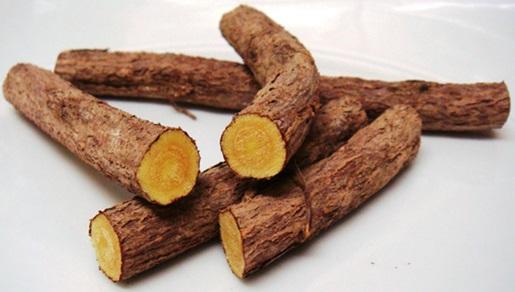
Licorice
However, it has been proved the best value of preparations of DGL licorice (deglycyrrhizinated licorice = licorice without glycyrrhizin) to counter heartburn and neutralize excess of acidity. This property is especially useful for applying treatments in cases where action is required to reduce stomach acid such as heartburn, stomach ulcer, esophageal or mouth sores. (Chewing 3 licorice wafers without glycyrrhizin about three times a day) (See full study toxicity of the plant) (See toxicity of the plant)
– Aronia (Aronia melanocarpa) Anthocyanins from aronia protect the gastric mucosa and have slight anti-inflammatory effect (Take an aronia supplement)
– Anise (Pimpinella anisum) The green anise is able to reduce the acidity produced by the gastritis or when this responds to problems of stress or nervousness. Mix 100 gr. of fruits crushed with 100 gr. of sugar and 80 gr. of powdered charcoal. Take 2.5 g of this powder with a bit of bread when you get heartburn.
– Moringa (Moringa oleifera): It has been proven that moringa is able to decrease the excess of acid in the stomach by increasing serotonin levels and encouraging the production of bicarbonate and mucus by goblet cells, which are responsible for producing mucus that protects the mucous membranes.
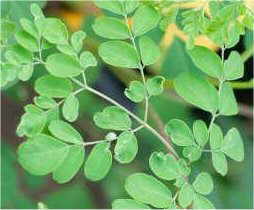
Moringa leaf
– Chamomile (Matricaria chamomilla) Because of its condition of protector and repairer of the gastric membrane it is very suitable in all those affections in which it is affected some organ of the digestive tract. It favors the difficult digestions and aids to expel gases from the digestive tract (flatulence). It is also interesting in cases of intestinal spasms and aerophagia. Also very appropriate for ulcers, gastritis, heartburn, colic etc.
– Agrimony (Agrimonia eupatoria) The anti-inflammatory capacity of tannins, flavonoids and acids is extremely effective in the treatment of many gastrointestinal problems. Liverwort preparations are capable of solving problems of poor digestion in the presence of flatulence, heartburn, or gastritis. (Infusion of a teaspoon of dried flowers per cup of water. A couple of cups a day.)
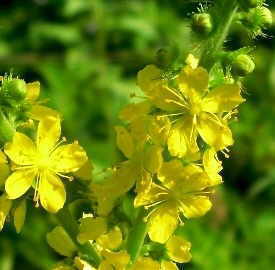
Agrimony
– Blueberry (Vaccinium) For regular indigestion or difficult digestion with the presence of gas or heartburn, their gastroprotective tonic properties and are well suited to aid digestion and eliminate bloating. The “blueberry wine” is very suitable for people with sensitive stomachs often complicated and slow digestion. (Mix 3 parts in a container of dried fruits and one part sugar. Let it ferment under the sun for 30 days. Filter the liquid and have a drink before the main meal.)
– Sage (Salvia officinalis) Against difficult digestions, gastritis, heartburn, diarrhea and vomits it is a good remedy to drink tree cups a day of the infusion of 15 gar. of dry leaves per liter of water.
– Dragon fruit: It has soluble fiber (mucilage and pectins) with emollient effect of the skin mucous that protects the stomach from gastric juice and acidity.
– Meadowsweet (Filipendula ulmaria) (Infusion of 2 teaspoons of meadowsweet flowers per cup of water, three times a day after meals. Do not reach the boiling point to preserve salicylic acid. It can be combined with cardamom for indigestion)
– Rosemary (Rosmarinus officinalis) Taken after meals,by means of infusions, it is a good way for a better digestion, preventing the onset of symptoms of a bad digestion such as, gastritis, bloating, flatulence, aerophagia and heartburn,
– Strawberry (Fragaria vesca) (tea from leaves)
– Bay (Laurus nobilis) It enhances secretions and favors peristalsis, thus contributing to promote digestion, helping the stomach,and the liver, preventing acidity, reducing flatulence and intestinal cramps. This capacity is fundamentally exerted by eugenol, with carminative, anti-ulceric and hepatoprotective properties (Infusion of a pair of leaves in a cup of water for 10 minutes. 4 cups per day)
– Flaxseed (Linum usitatissimum) With its wealth of mucilage it can help control heartburn (A couple of tablespoons of flax seeds soaked in cold water during all night. The next morning strain the liquid and drink it in small sips all through the day)
– Dog rose (Rosa canina) (A teaspoon of dry petals, soaked for 5 minutes in hot water. Take a cup after meals.)
– Basil (Ocimum basilicum) It helps digestion and prevents stomach spasms and is very useful in cases of gastritis, of hiatal hernia, of flatus, etc. (Infusion of a handful of fresh leaves, about 15 g. – Per liter of water. Take 3 cups a day after meals)
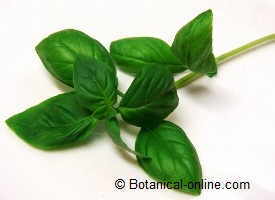
Basil
– Linden(Tilia sp.) Lime tea is an effective remedy against indigestion and heartburn. It can help to better digest food and reduce gastric reflux into the esophagus. (Infusion of a half teaspoon of dried flowers per cup of water. Take a couple of cups a day after meals)
– Lavender cotton (Santolina chamaecyparissus) Its properties are similar to chamomile, promoting digestion, or in cases where there is heaviness, heartburn, stomach pain, bloating, etc. (Infusion of 7 flower heads per cup of boiling water. Two cups a day).
– Cinnamon (Cinnamomum zeylanicum) Cinnamon is a good antacid against excess acidity. Powder a little cinnamon on foods help reduce and feel better.
Tips to reduce heartburn
To lower heartburn we can eat a few bites of apples, carrots or we can drink a little milk. (Look for more diet for heartburn tips in the above listing)
Supplements for heartburn
Vitamin B1 and pantothenic acid supplements can be useful to combat heartburn
– Turmeric (Curcuma longa) Supplementation with 2-3 grams of turmeric extract capsules a day.
![]() More information about heartburn.
More information about heartburn.

